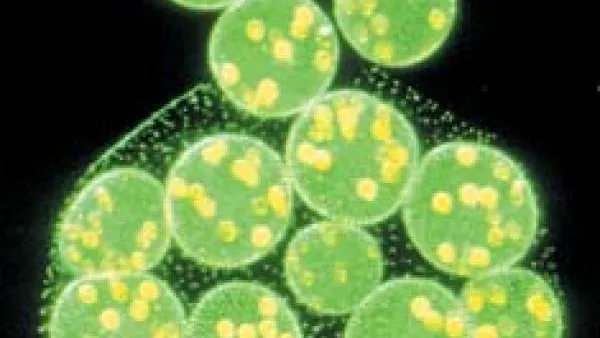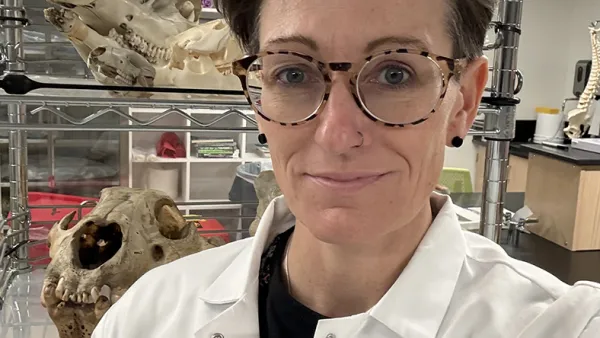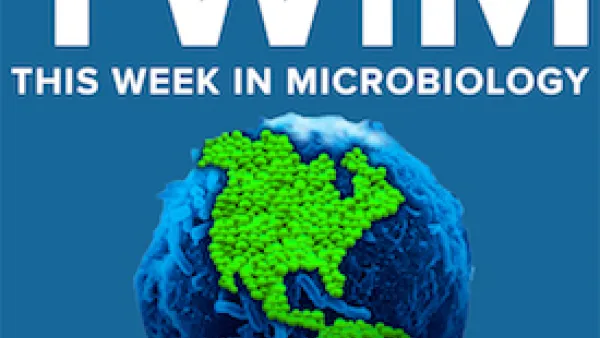JUNE 22, 2018
Jonathan Myers and Hani Zaher receive tenure
Photo by Joan Strassmann
Congratulations to Jonathan Myers and Hani Zaher who both received promotions with tenure and are now Associate Professors of Biology in Arts & Sciences.
The Myers Lab research focuses on patterns and causes of biodiversity at multiple scales, ranging from variation in the diversity of species’ traits to gradients in the assembly, diversity and dynamics of ecological communities across the planet. The lab explores theories to explain why changes in biodiversity through space and time emerge through the interplay of fundamental processes of community ecology (speciation, dispersal, ecological drift & niche selection). To untangle these processes, they combine field experiments, large-scale and long-term observational studies, ecological modeling, and synthesis of biodiversity data from a wide range of plant communities spanning temperate and tropical ecosystems. http://www.myersecologylab.com/
The Zaher lab is interested in the functional role of RNA during the process of translation. The long-term goal is to investigate the mechanism of ribosome function and to understand how other cellular factors and alterations to the RNA modulate its function. They are interested in understanding how this machine functions not only at the most basic level, but also how it reads cues to modulate its activity. It is clear that the ribosome is subject to multiple levels of regulation at each step that affect a very diverse range of biological processes such as development, differentiation and homeostasis. They employ high-resolution in-vitro approaches as well as complementary in-vivo approaches that include genomic and proteomic techniques. With these studies they are hoping to make significant contributions to one of the most basic and conserved mechanisms in biology; the translation of genetic information into functional peptides. Despite decades of research in translation, very basic questions regarding the fidelity of translation and the processing of damaged mRNAs by the ribosome are still lacking. https://sites.wustl.edu/zaherlab/



